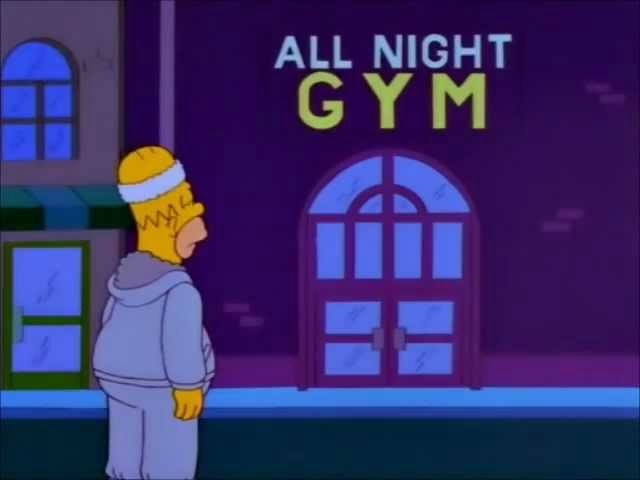Zero Money Down? No Thanks. On Spending Upfront.
by Nathalie Trepagnier

I’ve always been drawn to upfront spending. I think it stems from two reasons: 1) my fear of debt, and 2) my desire to close the loop and get it over with. Zero money down? No thanks. I’d rather grit my teeth and pay everything now than chip away at the total every month.
That same mentality draws me to makeup value sets. Five shades of fancy mini lip balms for $25 that will last me three years? Sure! And it’s up the same alley as my previously acknowledged food hoarding habit. Right now I have quinoa, bulgur, wheat berries, two kinds of rice and various dried beans at home, waiting to be made into a healthy meal. I get a peculiar pleasure from a stocked pantry.
Wordsworth came close to capturing it in Tintern Abbey: “Not only with the sense of present pleasure, but with pleasing thoughts that in this moment there is life and food for future years.”
But I’ve learned the hard way that upfront spending doesn’t always pay out. Let’s consider some of these purchases.
Ski Season Passes
For the last eight seasons I’ve had passes to Alpine Meadows and Squaw Valley. I joined the ski team my freshman year of college. Season passes were only $150, subsidized by $500 team dues. I made the most of those years, skiing over Christmas break, nearly every weekend of winter quarter, and heading up to the cabin for spring break.
When I graduated and moved to San Francisco, I was reluctant to give up my skiing habit. I had a close friend with a ski cabin and a Subaru, so I kept buying silver level passes for $580. But after four years of deep snow, we had four years of drought. Each year I kept hoping that the faith of my season pass purchase would somehow make a difference in the weather. It didn’t.
Nevertheless, I liked the psychological effect of a season pass. Instead of coming up with excuses not to ski, I wanted to make it up for at least six days and break even. Burn the boats. There’s no going back. Now that I’m on the East Coast without easy ski access I’ll give up my pass, but I have no regrets about my eight years.
Verdict: Worth It

Gym Membership
After moving to SF I joined 24 Hour Fitness, buying a discounted membership at Costco (itself another upfront spending maneuver): $370 for two years of membership, working out to $15 a month. Perfect! I paid and was set.
But life doesn’t ever go as planned. When I ended a relationship and changed apartments, my gym membership became a lot less convenient. At the same time, my job moved to an office that shared a building with a donation yoga studio, and that became my daily workout.
If you’re stable enough to reliably predict the next two years of your life, go for it. Otherwise, pass.
Verdict: Not Worth It

App Subscription
Last November I started using Headspace, the mindfulness and meditation app. When I finished the 10 free sessions, I paid for a year of the app at $96, or $8 a month. I used it faithfully for a few months, then spottily for another few months, and then not at all when I quit my job and moved across the country.
The stress of the transition and lack of routine meant I stopped meditating when I needed it the most. I’ve gotten back into it now that November looms near, trying to use it as much as I can before my subscription expires. Will I renew my subscription? I’m thinking I’ll switch to monthly pay, so I can decide if I’m getting value out of it more regularly.
Verdict: Kind of Worth It

What has this review taught me? That “value” is not always as awesome as it seems. The farther I get from the date of purchase, the less obligation I feel toward the purchase. And life is unpredictable. As Three Stacks would say, “You can plan a pretty picnic but you can’t predict the weather.”
Going forward I plan to work with my natural spending style rather than fight it, making case-by-case decisions of when upfront spending is best, or when à la carte purchases will serve me better. I recently bought a three-month membership to a yoga studio. I established a solid routine with a one-month new member deal, so I feel confident I’ll get my money’s worth.
My new game plan? Don’t get fooled by the mirage of a deal, but don’t be afraid to invest when you know it’ll be worth it.
Nathalie Trepagnier is a writer in Brooklyn who writes at nathattack.com.
Support The Billfold
The Billfold continues to exist thanks to support from our readers. Help us continue to do our work by making a monthly pledge on Patreon or a one-time-only contribution through PayPal.
Comments